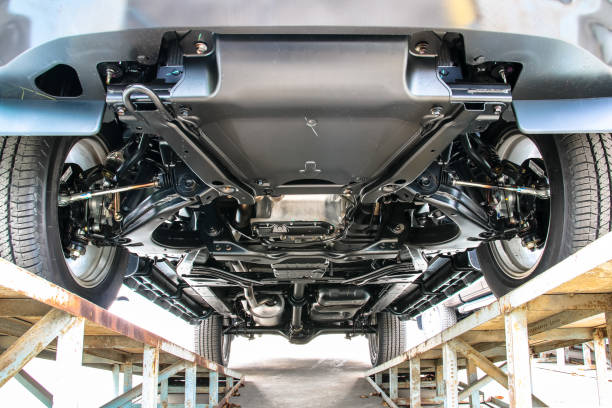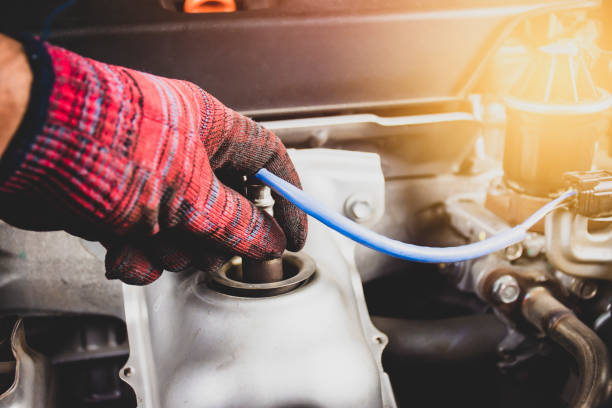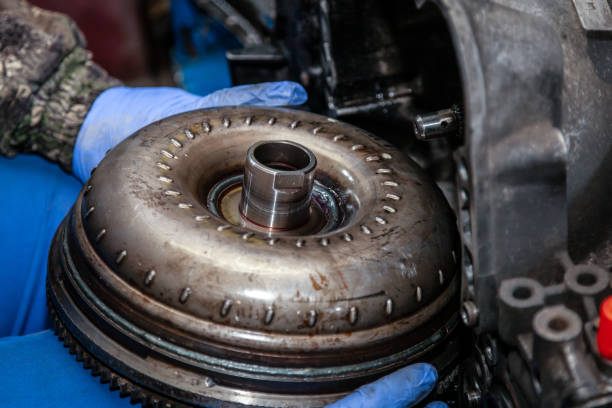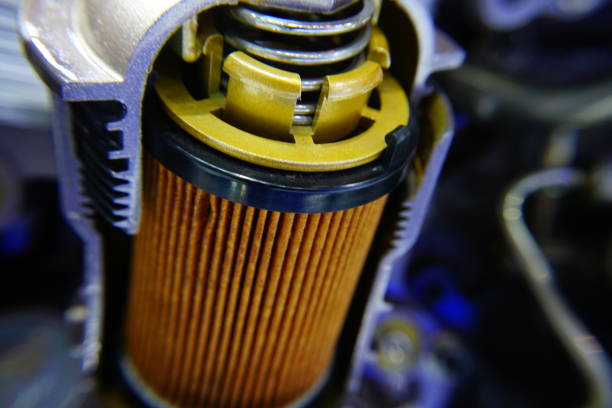
Your car is more than just a means of transportation—it’s a complex machine with numerous components working together to keep you on the move. Among these is the fuel filter, a vital but often overlooked part of your vehicle’s fuel system. Understanding the symptoms of a bad fuel filter is essential to maintain optimal vehicle performance and ensure a smooth ride. This comprehensive guide will shed light on this critical component, enabling you to recognize potential issues before they escalate into more significant problems.
The Role of the Fuel Filter
To appreciate the symptoms of a bad fuel filter, it’s crucial to understand the part it plays in your vehicle’s operation.
What is a Fuel Filter?
The fuel filter is a small but vital component of your vehicle’s fuel system. Its primary role is to filter out dirt, rust particles, and other contaminants from the fuel before it reaches the engine.
Why is a Fuel Filter Important?
By keeping contaminants out of the engine, the fuel filter protects crucial engine parts like the fuel injectors and the combustion chamber. Over time, however, the fuel filter can become clogged with the very contaminants it’s designed to trap, which can impede fuel flow and lead to performance issues.
Symptoms of a Bad or Failing Fuel Filter
A clogged or failing fuel filter will show signs that you can watch out for. Being aware of these symptoms can help you address potential issues promptly.
Difficulty Starting the Engine
One of the earliest signs of a bad fuel filter is trouble starting the engine. When the fuel filter is clogged, an inadequate amount of fuel reaches the engine, making it difficult to start the vehicle.
Engine Misfire
A clogged fuel filter can also lead to an engine misfire. If the filter restricts fuel flow, the engine may not have enough fuel to combust, resulting in a misfire. This often manifests as a rough idle or the engine shuddering while driving.
Power Loss and Decreased Fuel Efficiency
If your vehicle doesn’t accelerate as it used to, or if it consumes more fuel than usual, a clogged fuel filter could be the culprit. The engine must work harder to draw fuel through a clogged filter, leading to increased fuel consumption and reduced power.
Engine Stalling
In severe cases, a clogged fuel filter can cause the engine to stall. This happens when the fuel flow becomes so restricted that the engine can’t maintain operation, especially under heavy load or while driving at high speeds.
Dealing with a Bad Fuel Filter
If you notice any of these symptoms, it’s vital to address the issue promptly to prevent further damage to your vehicle.
Diagnosis
If you suspect your fuel filter may be the issue, have your vehicle diagnosed by a professional mechanic. They can perform a fuel system pressure test to confirm whether the fuel filter is the culprit.
Fuel Filter Replacement
If your fuel filter is indeed the issue, it will need to be replaced. Replacement intervals can vary depending on your vehicle make and model, so refer to your owner’s manual for specific guidance.
Preventive Maintenance
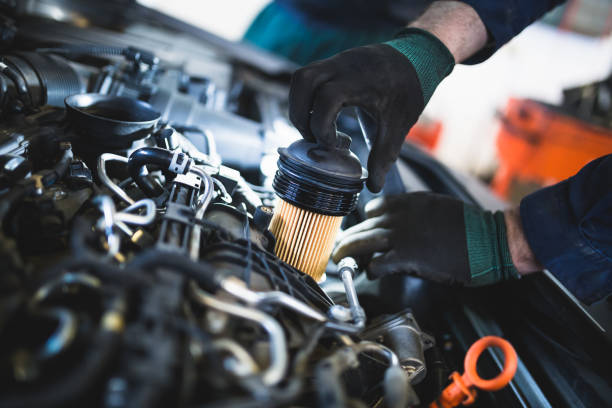
To avoid issues with your fuel filter, regular maintenance is key.
Regular Fuel Filter Changes
Regularly changing your fuel filter is the best way to prevent it from becoming clogged. Again, refer to your owner’s manual for specific maintenance intervals.
Quality Fuel
Using high-quality fuel can also help keep your fuel filter in good shape. Lower quality fuels can contain more contaminants, which can clog the fuel filter faster.
Conclusion
In the world of automotive care, knowledge is power. Understanding the role of the fuel filter and recognizing the symptoms of a bad one can help you keep your vehicle running smoothly and efficiently. Remember, a little attention to this often-overlooked component can go a long way toward ensuring a smooth and trouble-free ride. It truly goes beyond the gas pump!





